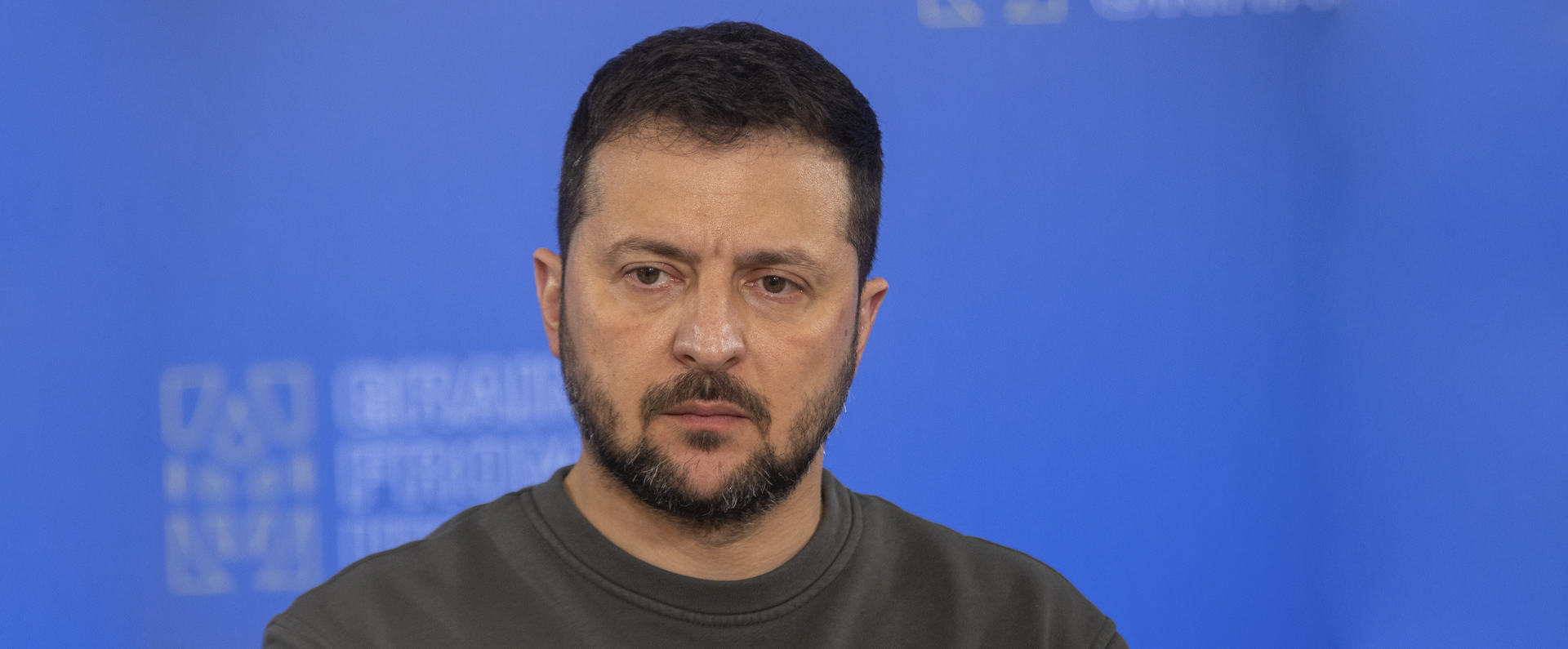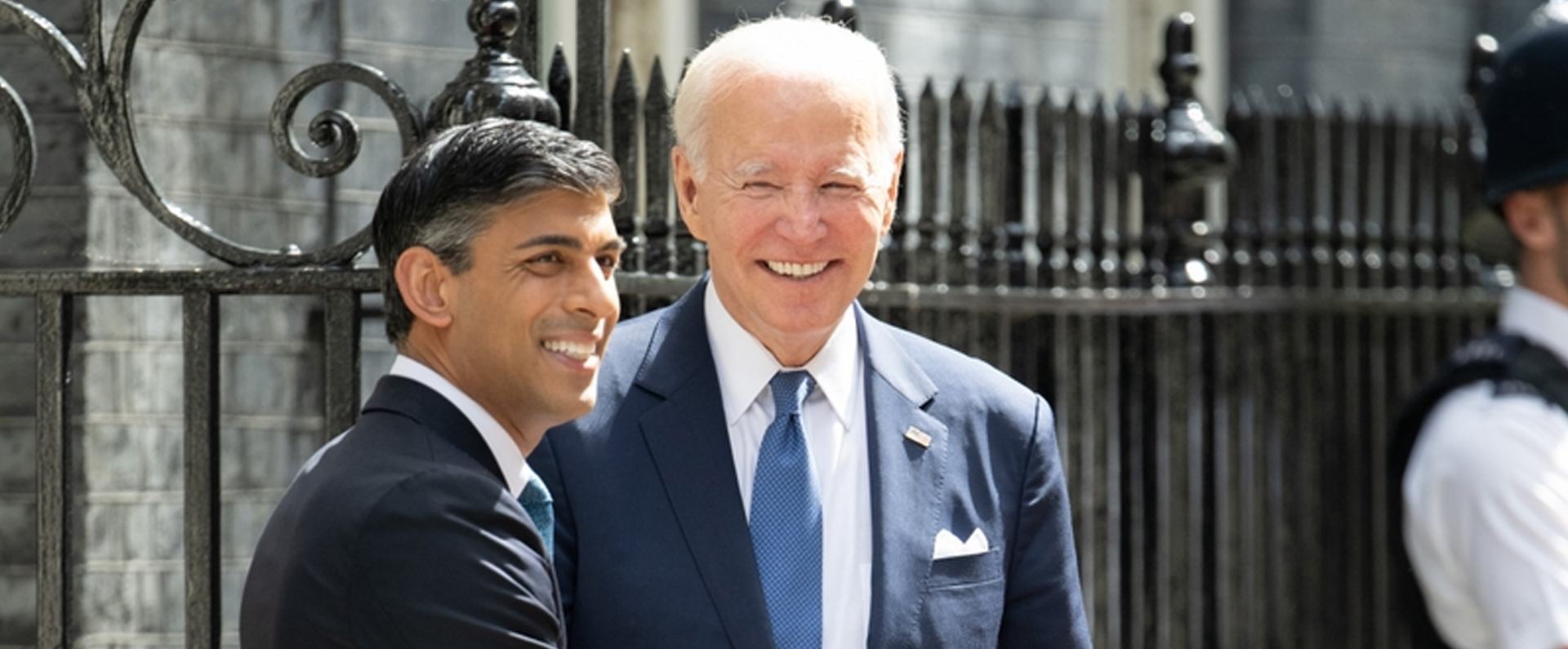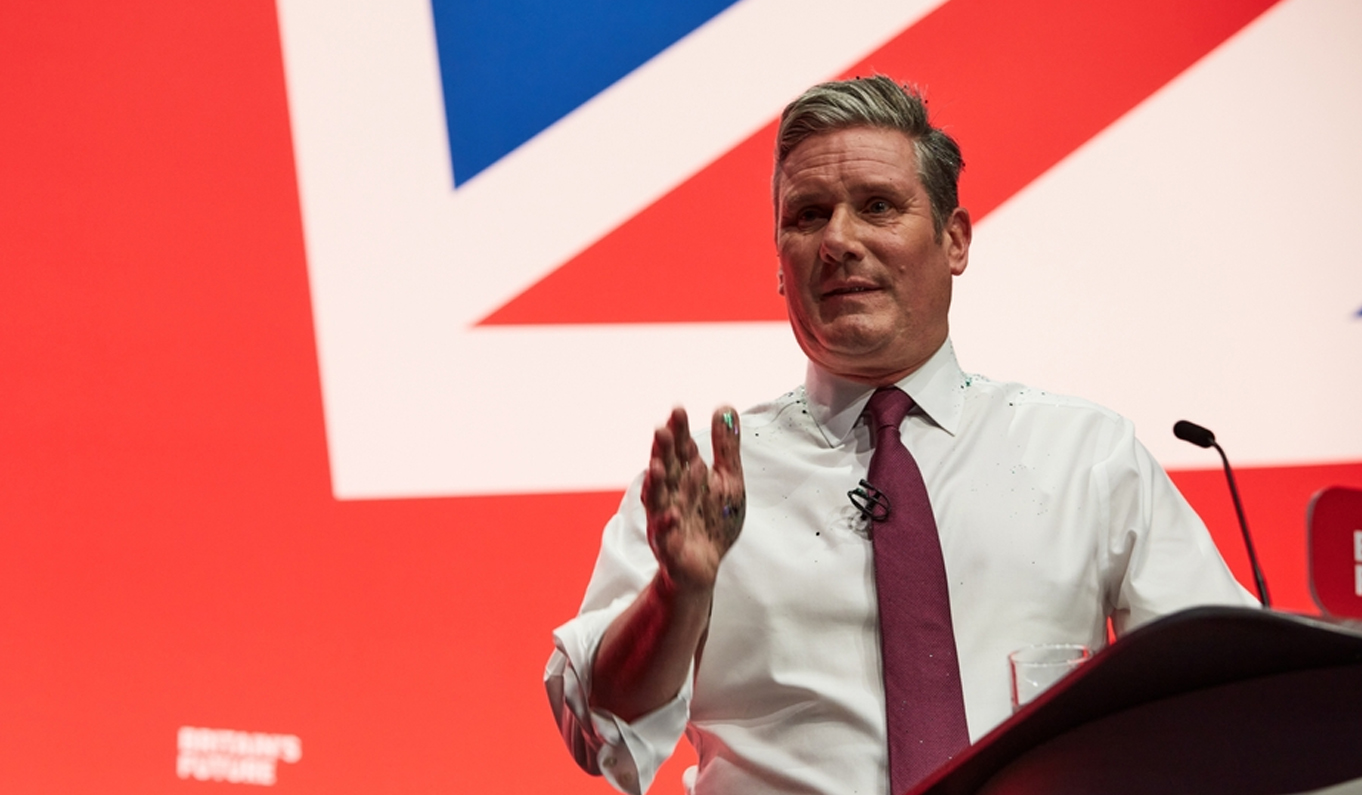
Throughout this week Lord Ashcroft will be submitting a diary from Tampa, Florida where the Republicans are meeting to nominate Mitt Romney for the US Presidency.
American political conventions may be show business on a gigantic scale – there are 50,000 delegates in Tampa, with the biggest international press corps for any event outside the Olympics – but they matter. They offer the biggest single chance for a candidate, particularly the challenger, to make his mark and present himself to the voters. For Mitt Romney a huge amount is at stake. Awidespread view among the professionals here in Tampa is that with President Obama’s approval ratings in only the mid-40s, the voters are open to change; the question in their mind is whether the alternative on offer is acceptable. This carries echoes of the 2010 election in Britain – reminding people it is time for change is one thing; showing the change they want is the change you are offering is another thing altogether.
The decision to cancel the first day of the Convention because of the weather was probably right, given the risks if the tropical storm making its way across the Gulf had hit Tampa as feared. That will be little com fort to the Republican Party, which now has to squeeze the maximum value out of the remaining three days. In any event, the Convention is now “split-screen” news – TV discussion of the Republican agenda is accompanied by graphics showing the progress of the storm towards Louisiana, on the seventh anniversary of Hurricane Katrina.
I am here with a delegation from the International Democrat Union, the worldwide group of centre-right parties. It is a distinguished crowd: former Australian Prime Minister John Howard is with us, along with representatives of parties from Europe, Africa, Asia and the Americas. Some representatives are doing heroic work in countries whose democratic tradition is by no means established. Our own Conservative Party has sent a healthy team, headed by Baroness Warsi. If the reshuffle rumours are true this could be among her last events as Chairman. If that is so, I hope there will be another job for her. I like her, and I think she brings something to the Party.
Our Republican hosts have gone to some effort to put together a very high quality programme, which is generous of them considering none of us can vote. Former Senator Jim Talent has been a close adviser to Romney since 2006 (“the year the people of Missouri asked me to leave politics”, as he endearingly puts it.) He tells us Romney’s career – rescuing the Salt Lake City Olympics, taking over failing businesses and making them work, sorting out the Massachusetts public finances and taking on problems like healthcare and urban education – has demonstrated a passion for fixing problems. He says this is what sets him apart from most other politicians, whose instinct is to kick the can down the road. This drive to act came to the fore in 1996, when the teenage daughter of his business partner went missing in New York. Romney closed the office in Boston and flew the staff down to Manhattan, set up an operations centre, worked with police and private detectives, enlisted volunteers, printed fliers, walked the streets handing them out, made television appeals and ultimately found the girl in a basement in New Jersey. Most in the audience had never heard the story. Had you?
In the 2004 presidential election, 93% of counties in the United States voted for the same party as they had in 2000 – a race which had been the closest thing the country had seen to a tie in 120 years. The Senate had divided 50-50. In 2008, the size of Obama’s victory led some Democrats to think, wrongly, they were seeing the beginning of a realignment of politics in their favour. Their confidence came from the fact that their victory was built on a “coalition of the ascendant”. In other words, they did best among groups who were themselves growing: young people, minorities, and college-educated white voters, especially women. According to Ron Brownstein, political editor of the National Journal, this led them to overestimate American voters’ tolerance for the expansion of government, to the extent that the Republicans gained 63 seats in the mid-terms and now represent “every county with a cow in it”. After a long period of stability, politics in America has become more volatile. Brownstein’s advice to the winners in November: “don’t unpack everything”.
For each candidate, two numbers represent a formula they need to win. Obama’s are 80/40: if he gets 80% of non-white voters (as he did in 2008), he can win with only 40% of whites. For Romney, the formula is 61/74: he can win with 61% of white voters, as long as they comprise at least 74% of the total vote. If Romney achieves that figure, it will equal the best ever performances by Republican challengers, including Reagan in 1980 – but while they won landslides, for Romney it would be just enough. Demography is not destiny, but it is a tough opponent.
One factor that will work in Romney’s favour could be the enthusiasm gap – a major reversal since 2008. While Republican activists are galvanised, the President’s fundraising messages sound increasingly “like plaintive emails from a desperate ex-boyfriend”, according to Buzzfeed editor Ben Smith. Despite the advantage of incumbency, Obama is struggling to raise as much money as he did the first time around. After the youthful idealism of four years ago, some feel his campaign has the forlorn feel of a reformed rock band returning to the same stadiums, but playing to a thinner crowd.
The Convention is famous for its parties. Apparently, the event to be seen at is to be hosted by none other than Steve Hilton. Unreliable rumour has it that he has taken for the occasion an enormous house on Tampa Bay’s prestigious Harbour Island. What can he be up to? Clearly he is keeping his hand in. Unfortunately my invitation has not arrived so I can report no further for the time being.



